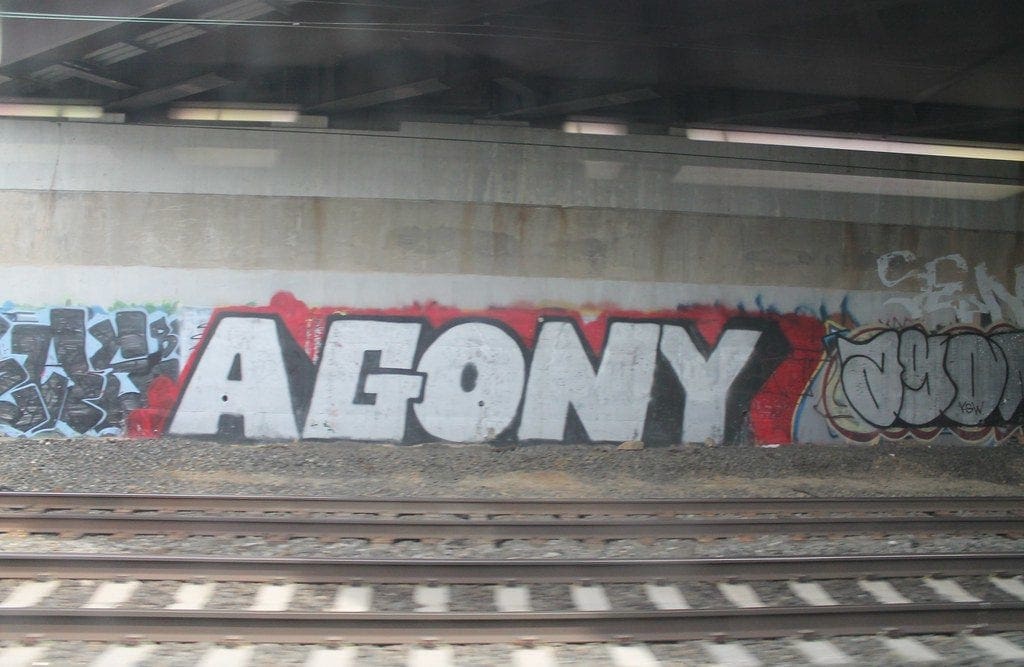After President Donald Trump stated that the “Baltimore district is FAR WORSE and more dangerous” than the U.S.-Mexico border, a direct attack against Rep. Elijah Cummings and the city that elected him, critics complained that the president was “racist” for saying that the black lawmaker’s district is “a disgusting, rat and rodent infested mess” and for calling the Charm City extremely dangerous.
But just a couple of months earlier, the New York Times Magazine reported that following Freddie Gray’s death, the city went from bad to worse.

“In 2017, it recorded 342 murders — its highest per-capita rate ever, more than double Chicago’s, far higher than any other city of 500,000 or more residents and, astonishingly, a larger absolute number of killings than in New York, a city 14 times as populous.”
To locals, the NY Times Magazine writer said, it was almost like “there was no one in charge.”
“With every passing year, it was getting harder to see what gains, exactly, were delivered by the [2015 riots].”
And yet, nobody involved with that report was called “racist.”
As the New York Post put it, Trump isn’t wrong for calling Baltimore “very dangerous and filthy.” With more than 50 homicides per 100,000 people, the city feels more like “a Third World country,” as Democratic presidential candidate Bernie Sanders described it after a tour in 2015. “There are hundreds of buildings that are uninhabitable,” he added.
“Residents of Baltimore’s poorest boroughs have lifespans shorter than people living under dictatorship in North Korea. That is a disgrace.”
Both Sanders and Trump are right about the city’s conditions, and Cummings, being a representative of West Baltimore in Congress, should be partially to blame for this mess. Not because he has power to change local legislation to help address some of the issues plaguing the city — he doesn’t. But because as a congressman, he has the power to change federal policy.
As Hollywood producer David Simon said in 2015, the only way to help Baltimore is to end the drug war. After all, the federal war against drugs hit minorities the hardest, creating a culture of violence and crime in inner city communities that helped to make Baltimore a difficult city to navigate. As as the producer of “The Wire” said then, “the drug war gives everybody permission to do anything.”
“It gives cops permission to stop anybody, to go in anyone’s pockets, to manufacture any lie when they get to district court …. The drug war gives everybody permission. And if it were draconian and we were fixing anything that would be one thing, but it’s draconian, and it’s a disaster.”
In other words, the drug war gives authorities carte blanche to be openly racist.
Cummings, a career-politician, has yet to be more proactive when it comes to putting an end to the drug war. And, unfortunately, when it comes to pushing Congress to pass legislation that could actually help cities like Baltimore, Trump is nowhere close to perfect.
Instead of following his accusations with real solutions, Trump merely used a well-known fact, namely that Baltimore is a mess, to attack Cummings on his lack of action, virtually ignoring his own failures.
While the president fired Attorney General Jeff Sessions, the man who pressured federal prosecutors in drug cases to seek the maximum penalty authorized by mandatory minimum sentencing laws, he has yet to come out against the drug war.
If either Trump or Cummings had, indeed, any love or compassion for the people of Baltimore, they would be fighting tooth and nail to bring the drug war to an end.

























